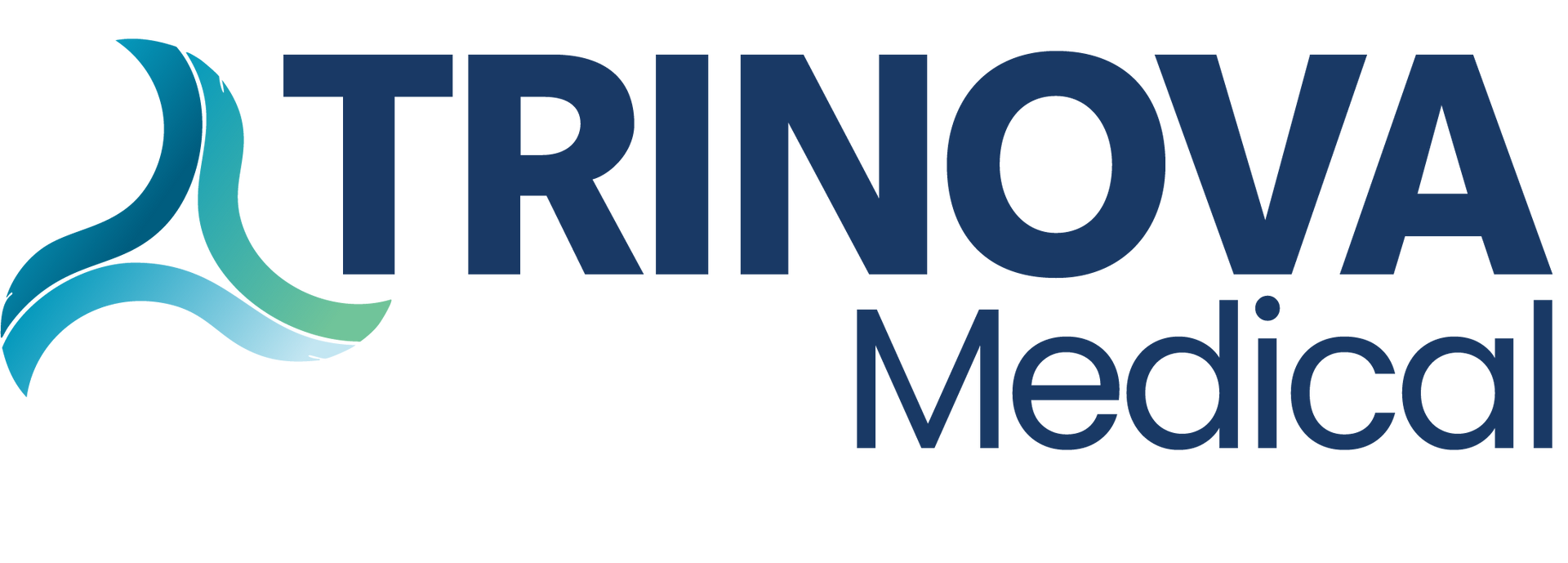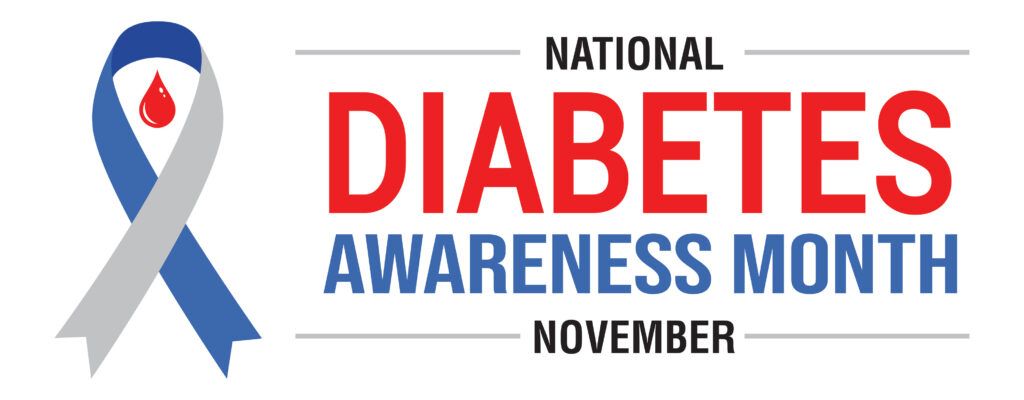Feeling Foggy? It Might Be Dehydration, Not Aging
Trinova Medical | Articles

Table of Contents
- Understanding Brain Fog
- How Dehydration Affects Your Brain
- Dehydration vs. Aging: Similar Symptoms
- Recognizing Dehydration-Related Cognitive Changes
- Risk Factors for Chronic Dehydration
- Testing Your Hydration Status
- Optimal Hydration Strategies
- Beyond Water: Electrolytes and Brain Function
- When to Seek Medical Attention
Healthcare providers can distinguish between dehydration effects and other potential causes of cognitive symptoms, ensuring appropriate treatment for your specific situation.
Understanding Brain Fog
Brain fog isn't a medical diagnosis but rather a term describing a constellation of cognitive symptoms that can significantly impact daily functioning. This mental cloudiness typically manifests as difficulty concentrating, memory lapses, slower thinking, mental fatigue, and confusion. While often attributed to aging, these symptoms frequently stem from addressable factors—with dehydration being among the most common yet overlooked causes.
Your brain is approximately 75% water, making it particularly sensitive to even mild dehydration. Unlike more obvious dehydration symptoms such as thirst or dry mouth, cognitive effects can manifest before these traditional warning signs appear. What many people attribute to "senior moments" or normal aging might actually be their brain's response to insufficient hydration.
How Dehydration Affects Your Brain
Dehydration impacts your brain through several key mechanisms that directly affect cognitive function:
Reduced brain volume occurs during dehydration, with studies showing that fluid loss causes the brain to work harder to accomplish the same tasks. Neuroimaging research demonstrates that the brain actually shrinks slightly when dehydrated, requiring more energy to function while simultaneously having less efficient energy production.
Impaired neurotransmitter function results from even mild dehydration. The chemical messengers your brain uses to communicate require a specific fluid balance to work properly. When dehydrated, neurotransmitter production and function become less efficient, potentially affecting everything from reaction time to memory formation.
Compromised blood flow to and within the brain develops during dehydration. As fluid levels drop, blood becomes more concentrated, potentially reducing the speed and volume of circulation. This means less oxygen and fewer nutrients reach brain cells, while waste products are removed more slowly.
Altered electrolyte balance disrupts the electrical activity that enables brain cells to communicate. Proper ratios of electrolytes like sodium, potassium, and calcium are essential for neural signaling. Dehydration disturbs these delicate balances, potentially interfering with normal brain activity.
Increased stress hormone production occurs during dehydration, with cortisol levels rising in response to this physical stressor. Elevated cortisol can impair cognitive function, particularly memory and attention, creating a biochemical dimension to dehydration-related brain fog.
Things to Consider: The cognitive effects of dehydration can begin at just 1-2% body water loss—well before most people feel thirsty. For a 150-pound person, this represents less than 1.5 pounds of water, making it easy to become mildly dehydrated without realizing it.
Dehydration vs. Aging: Similar Symptoms
Many cognitive symptoms commonly attributed to normal aging overlap significantly with dehydration effects, leading to potential misidentification:
Memory lapses are frequently dismissed as age-related when they may actually signal dehydration. While aging does affect memory, sudden or fluctuating memory problems—particularly short-term recall issues that improve after hydration—often indicate fluid status rather than neurological decline.
Mental processing speed typically slows somewhat with age, but dehydration can cause similar or more pronounced slowing. The difference: hydration-related slowdowns often vary throughout the day or improve quickly with fluid intake, while age-related changes tend to be more consistent.
Word-finding difficulties are common complaints in both dehydration and aging. However, dehydration-related verbal fluency problems might appear suddenly or fluctuate noticeably, while age-related changes usually develop gradually over time.
Attention and concentration problems occur in both conditions but manifest differently. Dehydration typically causes difficulty sustaining attention with notable improvement after hydration, while age-related attention changes tend to be more persistent.
Confusion or disorientation can signal serious dehydration, especially in older adults, but is not a normal part of healthy aging. Any sudden confusion should be evaluated promptly, as it may indicate significant dehydration requiring medical intervention.
The key distinction lies in variability and response to hydration. Dehydration symptoms often fluctuate throughout the day or across days and improve relatively quickly with proper fluid intake. Age-related cognitive changes typically develop gradually and remain more consistent regardless of hydration status.
Recognizing Dehydration-Related Cognitive Changes
Identifying the cognitive signs of dehydration can help distinguish them from other causes of brain fog:
Timing patterns often provide clues about hydration-related cognitive issues. Problems that worsen as the day progresses, particularly in the afternoon, frequently indicate cumulative dehydration. Similarly, cognitive difficulties that increase during or following physical activity, air travel, or hot weather suggest hydration may be a factor.
Contextual fluctuations in cognitive performance can signal dehydration effects. If you notice clearer thinking after periods of increased fluid intake or worse thinking during situations associated with fluid loss, dehydration might be contributing to your brain fog.
Accompanying physical symptoms often occur alongside cognitive dehydration effects. Subtle indicators might include slightly darker urine, mild headache (particularly in the front or sides of the head), feeling unusually tired despite adequate sleep, or experiencing dry eyes or mouth.
Mood changes frequently accompany dehydration-related cognitive symptoms. Increased irritability, anxiety, or feeling emotionally sensitive without clear cause might signal that your brain is experiencing stress from inadequate hydration.
Response to hydration provides perhaps the most telling evidence. If cognitive symptoms improve within 20-30 minutes of consuming 16-20 ounces of water and continue improving with ongoing proper hydration, dehydration was likely contributing to your brain fog.
Things to Consider: While the cognitive changes from mild to moderate dehydration are typically reversible with proper fluid intake, chronic dehydration may potentially contribute to more lasting effects, particularly in older adults or those with existing health conditions. Consistently addressing hydration needs supports both immediate cognitive function and long-term brain health.
Risk Factors for Chronic Dehydration
Certain factors significantly increase your risk of experiencing dehydration-related brain fog:
Aging naturally alters hydration status through multiple mechanisms. As you age, your total body water content decreases, dropping from around 60% in younger adults to 50% or less in older adults. Additionally, your thirst sensation typically becomes less accurate with age, meaning you may not feel thirsty even when biologically needing fluids. Age-related changes in kidney function can also affect fluid balance.
Medication effects contribute significantly to dehydration risk. Diuretics, commonly prescribed for high blood pressure and heart conditions, increase fluid excretion. Many antihistamines, antidepressants, and certain pain medications have drying effects. If you take multiple medications, the combined impact on hydration can be substantial.
Dietary patterns affect hydration status beyond just water consumption. High sodium intake increases fluid needs, while insufficient intake of fruits and vegetables (which typically contain substantial water) reduces your total fluid consumption. Low-carbohydrate diets can also alter fluid balance, particularly during the initial adaptation phase.
Environmental conditions including heated indoor air during winter, air conditioning, high altitudes, and air travel can substantially increase fluid losses through respiration and skin. Even mild increases in ambient temperature can significantly affect hydration needs.
Activity levels impact fluid requirements, with many people failing to adequately increase intake to match increased losses during exercise. Even non-exercise physical activity like gardening or housework increases fluid needs beyond baseline requirements.
Unconscious habits like limiting fluid intake to avoid bathroom trips, particularly before meetings, travel, or bedtime, can lead to chronic mild dehydration. Similarly, substituting caffeinated beverages for water throughout the day may have a mild diuretic effect in some individuals.
Awareness of your personal risk factors can help you develop targeted strategies to maintain optimal hydration and cognitive function.
Testing Your Hydration Status
Several practical approaches can help assess your hydration status:
- Urine color provides a simple though imperfect indicator of hydration. Pale yellow urine (similar to lemonade) generally indicates good hydration, while darker yellow or amber coloration (similar to apple juice) suggests insufficient fluid intake. However, certain foods, supplements, and medications can affect urine color independently of hydration status.
- Frequency of urination offers additional clues. Typically, well-hydrated adults urinate approximately 5-8 times daily, though this varies based on individual factors. Urinating less frequently might indicate insufficient fluid intake, while very frequent urination could suggest either excellent hydration or potentially an underlying medical condition.
- Cognitive self-assessment can help identify hydration-related changes. Try tracking your mental clarity, concentration ability, and memory alongside your fluid intake for several days. Patterns may emerge showing cognitive dips during periods of lower fluid consumption.
- Physical indicators like skin elasticity provide additional information. Gently pinch the skin on the back of your hand, then release it. If the skin takes time to return to normal, you might be dehydrated. Similarly, dry lips, mouth, or eyes can indicate insufficient hydration.
- Professional assessment is available through relatively simple blood tests that evaluate markers of hydration status, including serum sodium levels and blood osmolality. These tests are particularly valuable for individuals with health conditions affecting fluid balance or those experiencing persistent symptoms despite hydration efforts.
- Things to Consider: Individual hydration needs vary substantially based on factors including body size, activity level, climate, and overall health. Rather than adhering to generic recommendations, the best approach involves observing your personal patterns and symptoms to establish optimal intake levels.
Optimal Hydration Strategies
Maintaining brain-supporting hydration levels requires thoughtful strategies beyond simply drinking when thirsty:
- Front-loading fluid intake by consuming approximately 16-20 ounces of water shortly after waking helps counteract overnight dehydration before cognitive effects manifest. This morning hydration ritual establishes a strong foundation for the day's fluid balance.
- Establishing consistent hydration triggers throughout your day helps maintain steady fluid intake. Consider linking water consumption to specific routine activities—for example, drinking a glass of water before each meal, after each bathroom break, or at the beginning of each hour.
- Using visual reminders substantially improves adherence to hydration goals. Keep filled water bottles visible in your primary environments, such as your desk, car, and bedside. Some people benefit from marked containers showing consumption targets throughout the day.
- Addressing flavor preferences increases compliance for many people. If plain water doesn't appeal to you, consider adding fresh fruit slices, cucumber, mint leaves, or a splash of juice. Herbal teas (hot or iced) also contribute to fluid intake while providing variety.
- Consuming water-rich foods contributes significantly to overall hydration status. Fruits and vegetables typically contain 80-95% water by weight, with options like cucumber, lettuce, zucchini, oranges, and strawberries providing substantial hydration alongside valuable nutrients.
- Planning for high-risk situations helps prevent dehydration episodes. Before air travel, extended meetings, or outdoor activities, deliberately increase fluid intake. During these situations, prioritize regular hydration despite potential inconveniences.
- Moderating dehydrating beverages like alcohol and highly caffeinated drinks helps maintain fluid balance. While moderate caffeine consumption isn't significantly dehydrating for regular consumers, alternating caffeinated beverages with water provides additional hydration benefits.
Beyond Water: Electrolytes and Brain Function
Proper brain function requires not just water but the right balance of electrolytes that support neural signaling:
- Sodium, often villainized in nutrition discussions, plays essential roles in brain function. It facilitates nerve impulse transmission and helps regulate brain fluid balance. While excessive sodium can contribute to health problems, insufficient intake—particularly during heavy sweating—can impair cognitive function and, in extreme cases, lead to dangerous hyponatremia (low blood sodium).
- Potassium works in conjunction with sodium to maintain electrical gradients across cell membranes, essential for neural function. Inadequate potassium can contribute to brain fog, fatigue, and even mood changes. Food sources including bananas, potatoes, avocados, and leafy greens provide this crucial electrolyte.
- Magnesium supports countless brain functions, with deficiency linked to increased neuronal excitability and diminished cognitive performance. Modern diets often provide suboptimal magnesium levels, making conscious inclusion of magnesium-rich foods like nuts, seeds, and whole grains beneficial for many people.
- Calcium enables neurons to release neurotransmitters, the chemical messengers that transmit signals between brain cells. Proper calcium levels support optimal cognitive processing and communication between brain regions.
For most healthy individuals consuming balanced diets, electrolyte levels naturally regulate with adequate fluid intake. However, electrolyte replacement becomes increasingly important during situations involving heavy sweating, illness with fluid losses, or extended fasting periods.
When to Seek Medical Attention
While most cases of dehydration-related brain fog resolve with improved fluid intake, certain situations warrant professional medical evaluation:
- Cognitive symptoms that don't improve with increased hydration over 24-48 hours
- Confusion, disorientation, or significant memory problems that develop suddenly
- Brain fog accompanied by fever, severe headache, or neck stiffness
- Cognitive changes following head injury, regardless of severity
- Symptoms accompanied by inability to keep fluids down due to vomiting
- Dehydration in individuals with diabetes, kidney disease, or heart failure
- Severe dehydration symptoms including extreme thirst, minimal urination, dizziness, or rapid heartbeat
Healthcare providers can distinguish between dehydration effects and other potential causes of cognitive symptoms, ensuring appropriate treatment for your specific situation.
Remember that optimal hydration represents one of the simplest yet most powerful lifestyle factors influencing brain function. Unlike many health interventions requiring significant time, money, or effort, proper hydration remains accessible to nearly everyone—offering substantial cognitive benefits with minimal investment.
___
Trinova Medical
provides patient-focused primary care in Pensacola, FL, featuring coordinated care teams, convenient scheduling, and round-the-clock provider access for all your healthcare needs. Our specialized
Trinova 65+
program offers seniors comprehensive medication management, dedicated care coordination, and personalized health assessments designed specifically for older adults. We're committed to listening, caring, and partnering with you on your health journey. Call
(850) 848-9500 for more information.
Disclaimer: The content on this blog is intended for informational and educational purposes only. It should not be used as a substitute for professional medical advice. Always consult with your healthcare provider regarding any health-related questions or concerns.
Recommended Post:





